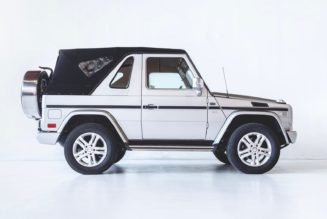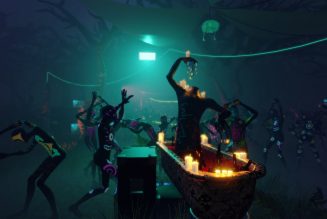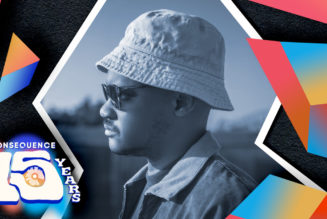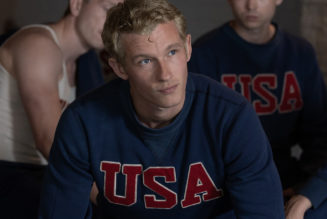We’re a nimble bunch at MotorTrend.
The global health crisis has affected our daily reality. Mobility is limited. Fear of mass-spread infection events is high.
We take this crisis and the safety of our testers, editors, photographers, and videographers very seriously. But we also take seriously our obligation to provide our readers with the best, most complete information on cars, trucks, and SUVs.
In confronting what is typically a logistical mountain to bring you OTY, this year added the hazards of performing these tests under threat of contagion.
Traditionally, for Car and SUV of the Year, we have used Honda‘s and Hyundai’s desert proving grounds located a couple hours’ drive north of Los Angeles as the staging areas for instrumented testing and the basic driving impressions of all contenders, to winnow the field. For the finalists, we perform repeated runs of an hourlong loop near Tehachapi in California’s high desert—which features the myriad road surfaces a typical driver would face in a daily commute. For Truck of the Year, we use FCA’s proving ground outside Kingman, Arizona, and perform towing tests at the infamous Davis Dam grade.
However, doing so this year would have exposed our staff to the known unknowns of hotel lobbies and HVAC systems, as well as the health status of a revolving door of service-industry workers. The idea of everyone driving home each night was also shelved, as too many consecutive days of a two-plus-hour drive each way to the grounds, plus an entire day of testing in triple-digit heat, was deemed a fatigue risk. We also regrettably decided not to bring in our Detroit bureau staff and guest judges Tom Gale and Chris Theodore, as there were exposure risks with them traveling to California.
So how to replicate an Of The Year environment closer to our LAX-adjacent home base, in a way that would produce legitimate results—where there would not be the aura of an asterisk attached to the winner?
Our immediate thought was to use our testing facility at Auto Club Speedway in Fontana—except that it was closed to gatherings, under county order. What followed was weeks of negotiations between MotorTrend‘s Chris Walton, our legal department, the HR and risk management departments of our parent company Discovery Communications, the speedway, the county, and even NASCAR. With mere days before manufacturers’ SUVs would be arriving at our offices, a solution was inked.
Mandatory masks for all. Hand sanitizer everywhere. Each car’s interior wiped down with 75 percent isopropyl alcohol after any contact. Pop-up tents with socially distant spacing if folks needed a breather. Staggered eating times of individually boxed meals. Temperature checks from a COVID compliance officer twice a day while accounting for the scorching heat at the track. If anyone showed symptoms, the whole shebang would get shut down for two weeks. Bearing that potential in mind, we shifted each of the Car, Truck, and SUV of the Year reveals to sequential print magazines rather than all at once, just in case things went south.
We also asked anyone involved to pre-quarantine in the time leading up to each event. I’ve never been prouder of my team than in seeing how seriously they took this admonition. No anti-mask protestations. No covert hanging out at large social gatherings. They proved to be real professionals who care about their fellow men and women and make personal sacrifices for the safety and well-being of all.
Back to the competition: Being at Auto Club Speedway allowed us to obtain our instrumented numbers. We used a loop of nearby (poorly paved) roads to replicate the “special surfaces” roads at the proving grounds. If anyone wanted to test high-speed road feel, Interstates 10 and 15 were a few miles away.
To replicate the various road conditions of the Tehachapi finalist loop, we turned to our frequently used comparison-test circuit from MT HQ down to and around Palos Verdes, including the rough-and-tumble Portuguese Bend, which will torment any suspension system. (It’s also the surface-street loop used by Honda, Toyota, BMW, FCA, and others.) For the trucks, we replaced the Davis Dam grade with the I-5 Grapevine outside Castaic.
Point being, all judges drove all contenders in the same replicated conditions.
When it came time to decide the winner from our field of finalists, we widened the discussion (but not voting) to include senior staffers who couldn’t attend but who had experienced many of the vehicles elsewhere. Discussions of vehicle attributes and liabilities were held not in a confined conference room but via Zoom chat. We were careful, but we were comprehensive.
As a result, what we can present, proudly and without asterisks, is an SUV, Car, and Truck of the Year that we can all support.
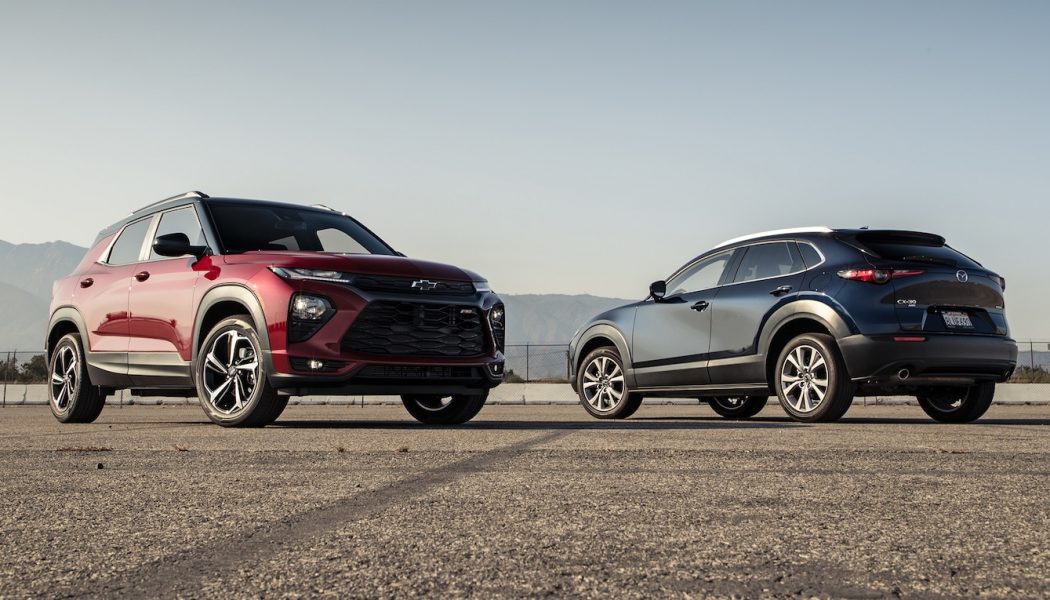

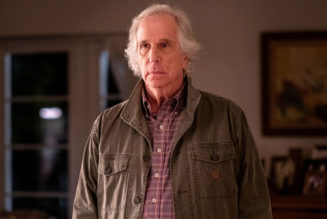
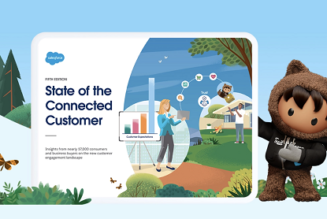
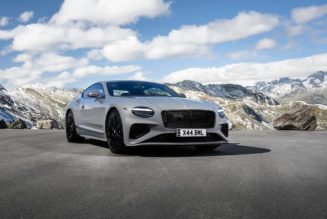
![Camo & Krooked on Their Revolutionary Red Bull Symphonic Performance and Album [Interview]](https://www.wazupnaija.com/wp-content/uploads/2020/07/camo-krooked-on-their-revolutionary-red-bull-symphonic-performance-and-album-interview-327x219.jpg)
